Stagnation is a Thing of the Past: Five Mobility Trends Shaping the Real Estate Industry
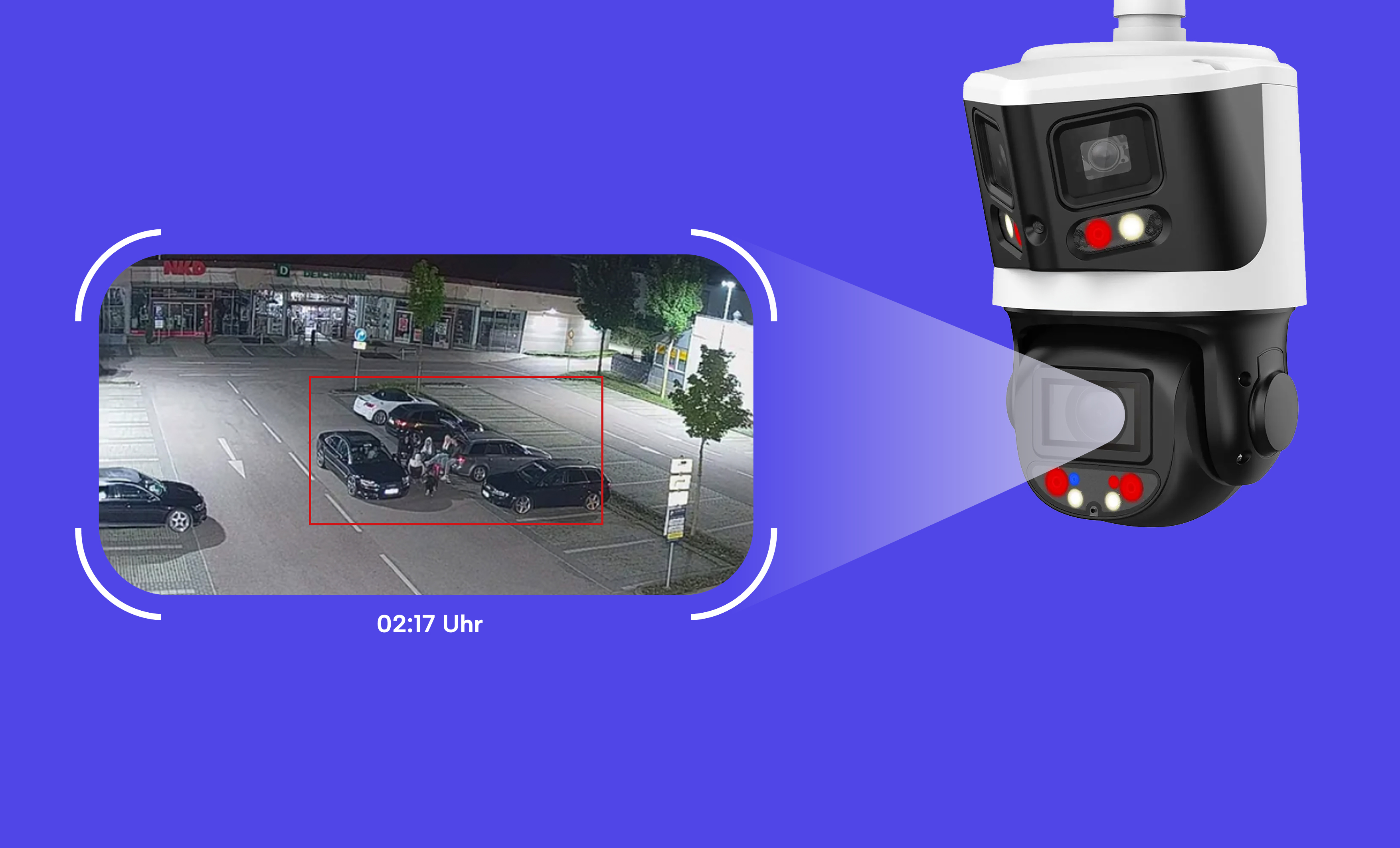
After Expo Real, one thing is clear: digital parking solutions are transforming the valuation logic of real estate. Europe’s leading free-flow provider Wemolo explains how parking areas are becoming dynamic assets.
Munich, October 10, 2025. The real estate industry is digitalizing its outdoor spaces—and discovering parking as a strategic value driver. One key insight from Expo Real 2025: parking is no longer a necessary evil, but a controllable asset.
“From barrier-free access and flexible multi-use to AI-supported property monitoring, the merging of mobility and real estate data is changing the logic of valuation,” says Jakob Bodenmüller, CEO of Wemolo (www.wemolo.com). “Intelligent space utilization is unlocking potential that would have been unthinkable three years ago.”
Wemolo is Europe’s market leader for digital parking solutions, with more than 3,500 locations and 2.5 million parking transactions recorded daily. The company identifies five trends that will shape the real estate industry’s agenda in the coming years.
Smart Parking: A $7.2 Billion Market by 2030
The global smart parking market is estimated at around 8 billion USD in 2024 (Future Market Insights, 2024). Europe accounts for approximately 40% of this share, growing by about 18% annually, and is expected to reach around 7.2 billion USD by 2030 (Mordor Intelligence, 2025). This development is driven by urbanization, stricter regulation, and technological progress.
Expo Real 2025 (October 6–8) impressively demonstrated the momentum of this evolution. In the special area “Transform & Beyond”, more than 80 companies presented solutions related to decarbonization, digitalization, ESG, and mobility—topics that dominate the real estate industry’s 2025 agenda.
1. Free-Flow Technology: From Barrier Chaos to Camera Intelligence
The departure from barrier systems changes more than just access control. Barrier-free systems rely on Automatic Number Plate Recognition (ANPR) and enable parking management without physical barriers, without lost tickets, and without maintenance backlogs. The benefits are universal: guaranteed parking for authorized users, up to 60% lower operating costs, and improved customer experience—regardless of asset class.
The technology enables highly flexible control even of complex parking scenarios. In mixed-use properties, for example, each business defines its own authorizations: retailers grant customers 1.5 hours, hair salons 3 hours, fitness studios 2 hours. Meanwhile, short-term parking contingents run in parallel, deliveries on the whitelist park for free, and employees have permanent access rights.
“The platform enables individual multi-zone control and unrestricted rights management—from time windows and quotas to targeted opening for third parties,” explains Bodenmüller.
In practice, free-flow operates via camera detection at entry and exit, authorization checks, and digital billing via web app or payment terminal. Unauthorized parkers are automatically identified. According to Wemolo’s experience, unauthorized parking is reduced by an average of 50% within the first two months, in some cases by as much as 85%.
2. Shared Parking and Municipal Cooperation: When Retail and Cities Rethink Together
While free-flow systems create the digital foundation, shared parking opens up new business models—and at the same time changes the relationship between private operators and the public sector. On average, parking spaces have an occupancy rate of only 20 to 30 percent. Supermarkets always have free capacity at night, office buildings on weekends, and retail parks after closing hours. Shared parking systematically utilizes these time windows.
For private operators, it means additional income without investment costs. In Innsbruck, for example, all branches of a leading regional supermarket chain opened their parking lots to local residents, who can flexibly book spaces on a daily, weekly, or long-term monthly subscription basis. A few months later, 30 percent of the capacity outside store hours was utilized, corresponding to around €50 to €80 in additional revenue per parking space per month.
Over 200 locations across Europe already use the Wemolo shared parking model—from Edeka Paschmann to REWE Center Altona and Hagebau am Olympiapark, where spaces can be booked for concert and football fans attending events at the Olympic Stadium.
For municipalities, shared parking is a building block in the mobility transition. Around 30 percent of inner-city traffic is caused by drivers searching for parking. When private spaces become temporarily accessible to the public, this relieves on-street parking—without the need for costly underground garages. While municipalities cannot directly intervene, they actively support the development of such concepts.
At Business Campus Garching near Munich, for instance, two classic office parking garages are opened in the evenings and on weekends to fans of the Allianz Arena. Similar concepts are currently being tested in other major German cities.
“The key point is: we orchestrate, not just open,” says Dominic Winkler, Head of Sales & Business Development Real Estate at Wemolo. “Customer parking remains guaranteed. Only verified vacant spaces are carefully allocated to third parties.”
The cost difference is significant: constructing a new underground parking space costs between €20,000 and €25,000, and much more in complex mixed-use projects (Bulwiengesa, 2024). An intelligently shared private space, on the other hand, only incurs software and coordination costs.
3. E-Mobility as a Business Model: Longer Dwell Times, Higher Revenue
E-mobility is not a compliance obligation—it is a revenue opportunity. Electric vehicles typically have longer parking durations due to charging times. For retailers, this means more time spent in stores, higher basket values, and stronger customer loyalty (ZIA, 2024).
Charging infrastructure is becoming a strategic element of parking management. Operators can offer charging stations as a premium service, dynamically adjust pricing, or link them to discount programs. Modern systems integrate charging infrastructure via software without requiring major structural work.
Studies confirm: a 1% longer dwell time leads to 1.3% higher sales (Path Intelligence, 2024).
By 2030, more than 250 million electric vehicles are expected worldwide (IEA, 2025). In Germany, the Building Electric Mobility Infrastructure Act (GEIG) requires from January 1, 2025, that non-residential buildings with more than 20 parking spaces must have at least one charging point. From January 1, 2027, this requirement will also apply to residential buildings with more than three parking spaces (Federal Ministry for Digital and Transport, 2024).
Real estate operators who invest today are on the safe side in terms of regulation and are positioning themselves for future market standards.
4. Parking Intelligence: When Data Drives Location Decisions
What began as a tool for controlling unauthorized parking has evolved into a parking intelligence platform. The data collected via free-flow systems enables location comparisons, seasonal forecasts, and portfolio optimization. For the first time, asset and property managers gain access to objective KPIs: Which location has which customer frequency? When does dynamic pricing pay off? Where are structural vacancies emerging?
The technology creates a data foundation that did not previously exist. Each parking transaction provides information about dwell time, frequency patterns, and user behavior.
“This data pool opens up targeted additional revenue streams and enables data-based decisions that go far beyond parking management,” explains Winkler.
Specific applications span all asset classes. A grocery retailer uses parking data to optimize staffing and purchasing. Shopping centers analyze dwell patterns to optimize tenant mix, use AI monitoring for better service quality, and improve customer experience through smart parking management. Healthcare operators segment parking zones for visitors, patients, and staff. Office buildings allocate employee parking dynamically and open remaining capacity to external users.
“The data platform not only provides insights into visitor frequency, regular customers, and origins, but also enables the early detection of trends,” Winkler adds. “Locations using our system report a double benefit: direct revenue growth through increased customer frequency and data-driven strategic decisions.”
Datafication also supports reporting obligations and mobility concepts. Parking data serves as a measurable KPI for CO₂ reduction through decreased parking searches, promotion of e-mobility, and more efficient land use. This development is reinforced by existing regulations and green lease standards (German Environment Agency, 2024).
5. AI-Supported Surface Monitoring: Going Beyond the Parking Lot
The final step goes beyond parking management. AI-based monitoring of entire outdoor areas is becoming a trend. At Expo Real, Wemolo presented for the first time a solution that monitors all outdoor spaces in real time. Using 360-degree cameras and artificial intelligence, the system automatically and accurately detects waste, graffiti, snow, or vandalism.
The system immediately sends email tickets with photo evidence to facility managers or, if necessary, directly to security services. For asset and property managers, this means continuous monitoring without permanent on-site presence, objective SLA tracking for external service providers, and complete documentation of property conditions.
“Property managers receive early notifications and can resolve problems before they lead to major damage or complaints,” explains Winkler.
Initial reference customers such as Deutsche Investment Retail, Saller Group, and Feneberg are already testing the system.
The solution also generates anonymized data on pedestrian and vehicle flows—valuable for site planning and portfolio management. Particularly for retail and commercial locations distributed across regions, this enables digital management with significantly reduced on-site visits.
Outlook: Parking as an Indicator of Asset Performance
At Expo Real 2025, Wemolo positioned itself as a bridge-builder between the real estate and mobility industries—with solutions that turn outdoor spaces into controllable assets.
“The challenge is not to know the trends, but to implement them,” concludes Bodenmüller. “We showcase concrete use cases: how intelligent space utilization reduces operating costs, how data-driven management improves service quality, and how flexible usage models unlock additional revenue streams.”
About Wemolo
The Munich-based tech company Wemolo specializes in digital parking space management and optimization. The idea was born in July 2019 from a project at UnternehmerTUM. The team around the three founders Jakob Bodenmüller, Bastian Pieper and Yukio Iwamoto now employs over 250 people in Munich and at four other European locations: Salzburg, Zurich, Wroclaw and Milan. In the DACH region as well as in Poland and Italy, over 3,500 parking areas already rely on the Wemolo solution, which records more than 2.5 million parking transactions every day. In the Deloitte Fast 50 ranking, Wemolo is listed as the fastest growing startup in Germany. Its customer portfolio includes well-known retailers such as Aldi, Edeka and Carrefour, leading real estate companies such as Defama Deutsche Fachmarkt AG and HIH Real Estate, restaurants such as McDonald's and Burger King, hotel chains such as Best Western, renowned healthcare facilities such as Asklepios Klinik and numerous financial service providers and local authorities throughout Europe.
Further information at www.wemolo.com
PR Agency Contact
SCRIVO Communications
Conact: Tristan Thaller
Lachnerstraße 33
D-80639 München
Tel: +49 151 21731447
Email: tristan.thaller@scrivo.de
Website: www.scrivo.de
Company Contact
Wemolo GmbH
Contact: Moritz Meister
St. Martin-Straße 72
D-81541 München
Tel: +49 162 6961751
Email: presse@wemolo.com
Website: www.wemolo.com
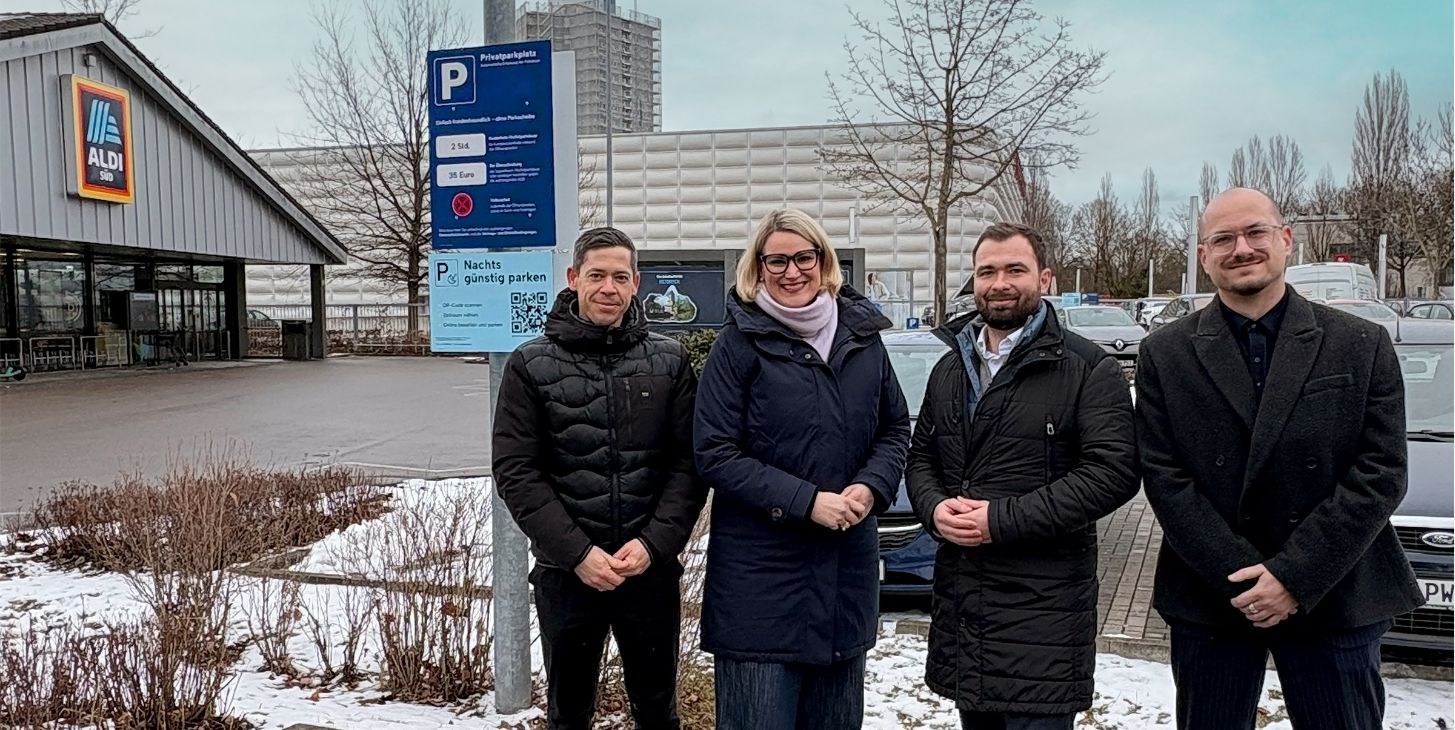

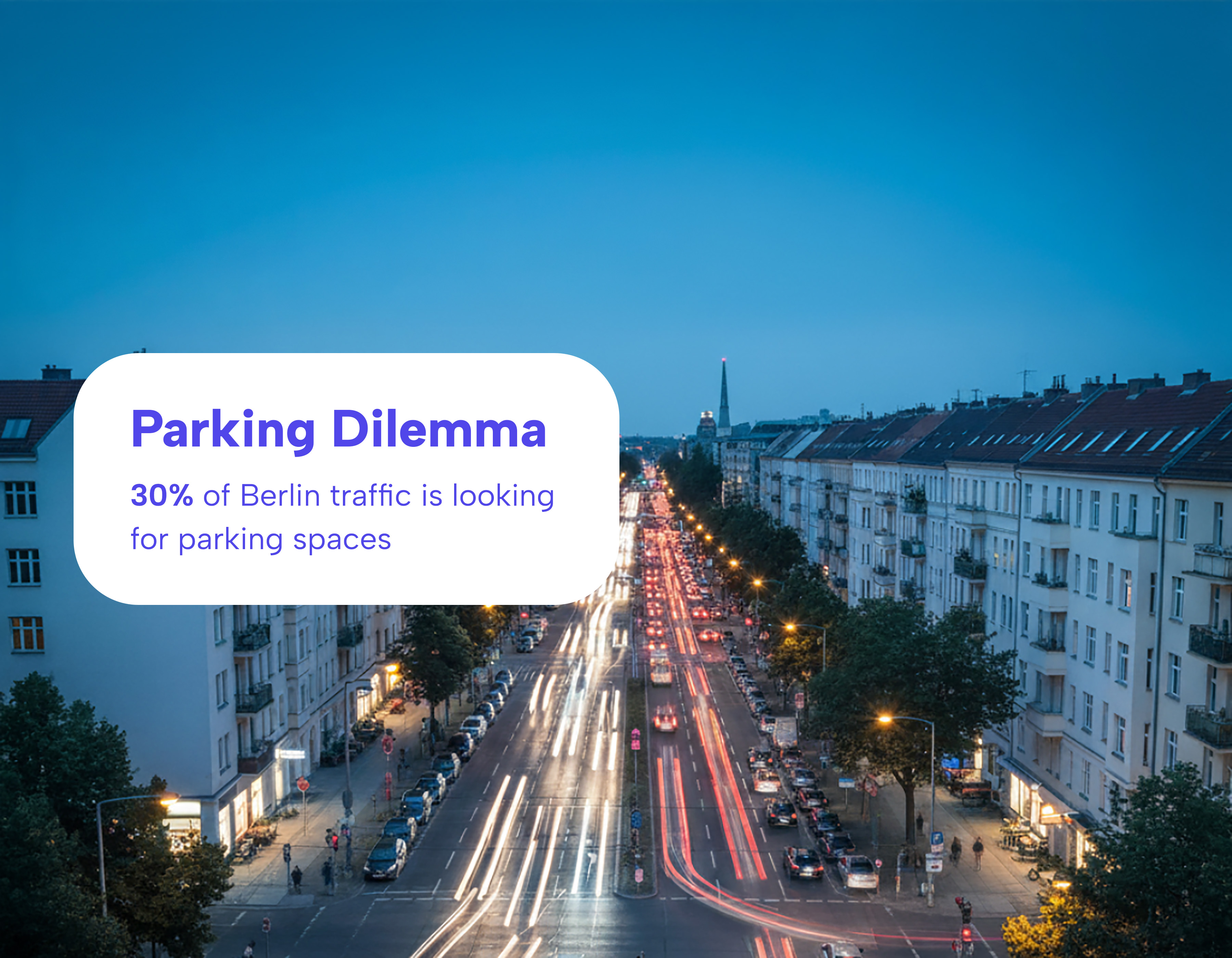
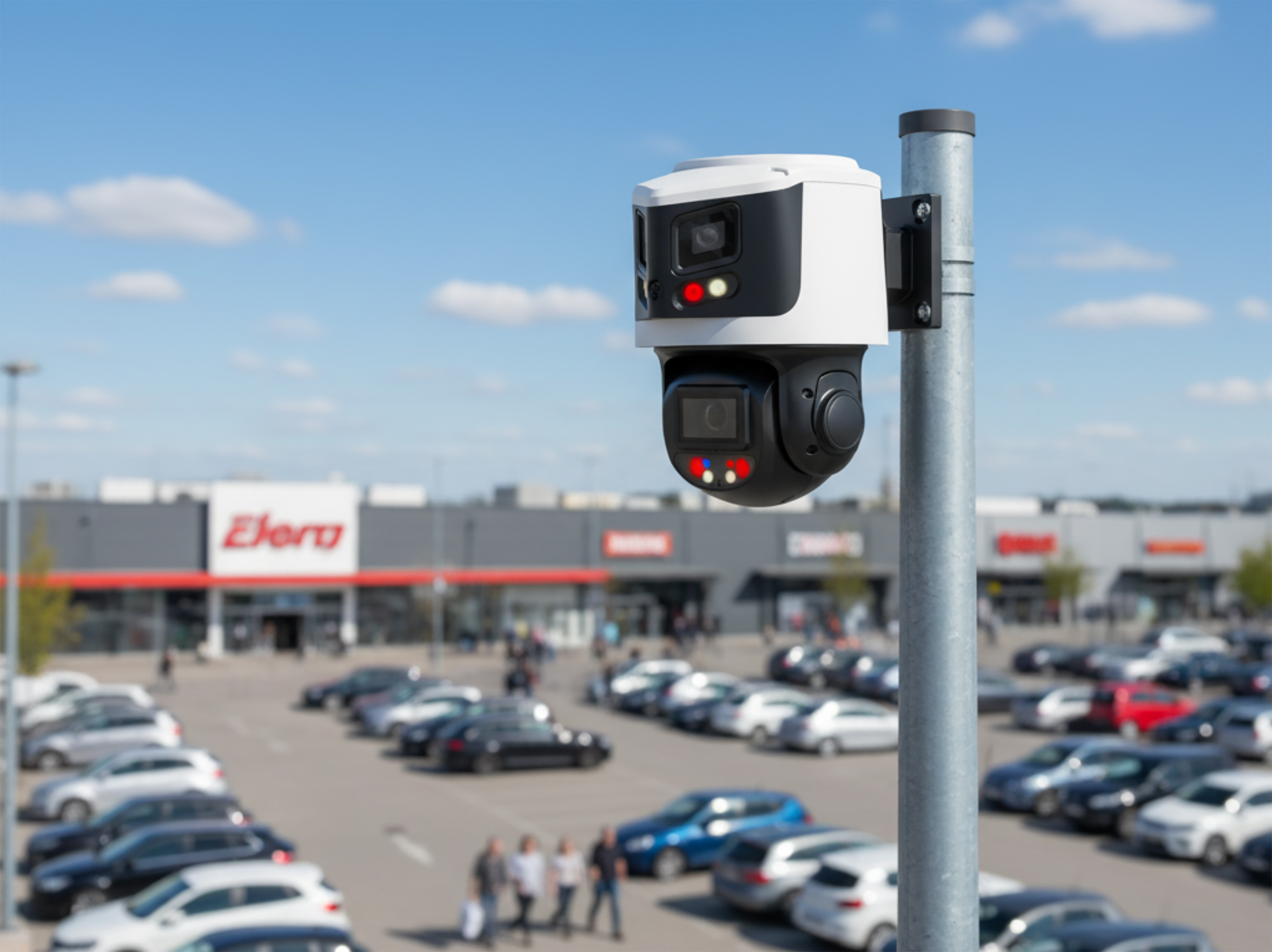
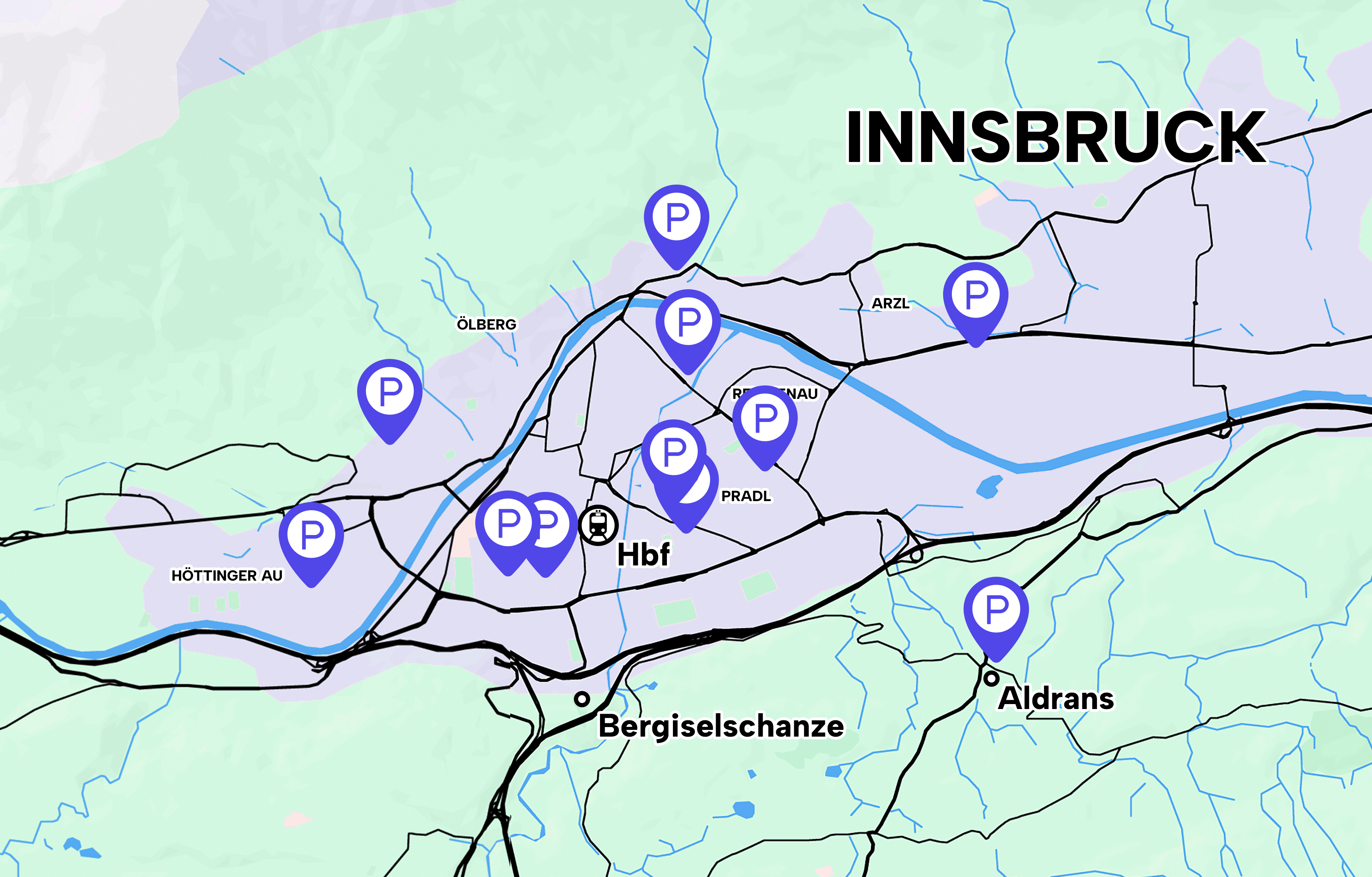
.jpg)
.jpg)



